You’ve made the big decision: you’ll be moving off-grid sometime sooner or later. Yay! Whether it’s to become more self-sufficient, to hide away from the world, to get closer to nature, or one of the many other reasons you could have to make the leap – it’s a decision that is going to change your life. So you’d better go into it well-prepared!
Last year, I wrote a general article about things you can do before you move off-grid. This time, I’m going over all the different things you can do… one by one. You can also get the printable checklist of things to do before moving off-grid – click here!
To watch instead of reading, check out the video below!
Prepare To Build An Off-Grid Home
- Learn to set up your off-grid solar system: We wrote an e-book about this – click here to check it out.
- Learn solar system maintenance. They sometimes have courses on this at Sunseed Desert Technology.
- Research rainwater catchment possibilities.
- Design your house’s water system (or get help doing that).
- Figure out how you’re going to heat and cool your off-grid house
- Design your future home! Of course, you’ll get an architect involved (at least, in most places it’s something you can’t get around), but you need to know exactly what you want in that house, as well as what you don’t. I wrote a post sharing our own experience with building an off-grid home in Matarraña… so you can avoid making the same mistakes we did.
- Research the steps needed to get a permit to do what you want on your property. Do note that it’s not allowed to put up a caravan on your property year-round, to circumvent building and safety regulations.
- Research composting toilets: they’re not hard to build, recycle all your waste (also called “humanure”), and if you have an outdoor one – nothing beats a loo with a view!
Managing An Off-Grid Property
- Learn about permaculture design. Here’s a post we wrote to introduce you to the basics of permaculture, and you might also like to watch Geoff Lawton’s free videos.
- Make a list of herbs and berries growing on your property, as well as any productive trees or gardens already in place (even if they need work/pruning/cleaning up).
- Check for signs of animal life.
- Find out where things grow, and if there are any “dead spots”?
- If you have terrace walls, do any of them need repairs?
- Explore your property after heavy rain. How does the water flow? Where could you do some groundwork in order to catch rainwater?
- Look into the tools and machinery you’ll need on your property. In some cases, it might be cheaper (or you might end up with better quality stuff, or not need to drive 3 hours to a shop) to buy machinery before making the move.
- Find temporary housing, if you’re moving away from home and your house is not built yet. A caravan might do the trick (make sure you’ve got permits!), but you could also rent something – or do as we did, and renovate an old stable or shed that’s already on your property.
Moving To A Different Place
- Learn the language
- Learn the culture & customs
- Research procedures: Do you need a visa, residence permit, or any other paperwork?
If you’re moving to Spain, you will need an NIE (Numero de Identidad de Estranjero). It’s usually easiest to apply in your current country of residence, at the Spanish consulate, alternatively, you can get them at the Policia Nacional in Spain. - If you don’t speak the language of your chosen country (well), you might want somebody by your side who’s really on your side. Don’t be tricked into letting the seller of the property or a real estate agent translate contracts for you!
- Get rid of stuff! You won’t need many office clothes if you spend the years to come on an off-grid farm – and will you really have a use for all those pretty decorations in your brand new (but possibly very dusty) home?
- Organize your paperwork. Scan everything there is to scan, so you can get rid of non-essential papers; it will help you travel so much lighter.
Keeping Animals
- Research the animals you’d want to keep. Read this post about how we went through lots of species and ended up with alpacas!
- Learn to milk a goat. You never know when that might come in handy!
- Learn how to build a fence – if you’re generally a handy person, you can learn this on the spot.
- Learn all about keeping chickens – these are the number one animals to keep if you’re aiming for self-sufficiency. (Although some people swear by ducks…)
- Research local regulations if you want to keep animals. Where we are, it’s advisable to have a permit for a smallholding (just a few animals, for private use or recreation); for more on this, check out the video on Starting an Off-Grid Animal Farm in Spain.
Networking, Off-Grid Edition!
- Get to know the people at the local town hall. Being on friendly terms with locals will get you far!
- Get to know your future neighbors. Do they live on-site, or do they sleep in the village and work on their finca during the day? What can they tell you about the land, about the crops they grow and about what’s happening around the property?
- Get to know fellow off-grid adventurers. Look up others who have made the leap in the same area – or find fellow crazies online. If you’re moving to Spain, join the group “Living off the grid in Spain” on Facebook. The Permies forum is another great place to meet people and exchange information.
- Find house-sitters. An off-grid property with all its systems (and maybe animals) is not easy to just leave if you need to go away on an emergency, or if you want a vacation… good house sitters are worth their weight in gold.
- Visit other off-grid projects – maybe you can even find a few to stay and volunteer at. We host volunteers all the time here at Mas del Encanto – people who write to us directly, or through Workaway. (For more, read our tips on hosting your first volunteers, the pros and cons of having volunteers at your property and 7 reasons why you should host volunteers.)
Money – Spending It And Making It
- Learn the art of good money management – it’s quite different when you live such a different lifestyle.
- Research the budget you’ll need to make the move to your off-grid property
- Research how much money you think you’ll be spending when you live off the grid
- Decide how you’re going to make money when you live off the grid. If you need to start a new career for it (maybe working a virtual job, or becoming an innkeeper?), It’s never too early to start learning about that.
- If you decide to start a blog, do it the right way. Don’t just write a diary so your friends and family can read what you’re doing every week (they could see that on Facebook as well.) – start a blog that could make you some extra money in the long run.
- The dream, of course, is to live a completely debt-free life once you’re moving off-grid. The first step to doing that is to get rid of the debts in your current life. This article might help.
Grow Your Own Food
- Learn how to grow a garden to feed yourself and your family
- Learn how to use a scythe
- Start saving seeds – save seeds from (organic) food you eat, exchange seeds with others, and maybe you could even get some plants going. If you’re moving to our area, you might want to get in touch with the Red de Semillas de Aragon – if you’re elsewhere, check out the Seed Savers Exchange.
- Find out where you can get good quality seeds, seedlings, plants and trees in your area – so they’re adapted to the climate already.
- If you want specific trees or plants that are not easy to find in your area, find out where you can buy them – and how to ship them to where they need to be.
- Make a list of vegetables that you like to eat and that grow easily where you are – and learn all about growing them. Zucchini (courgette) and tomato would be good ones to start with if you’re moving to this area!
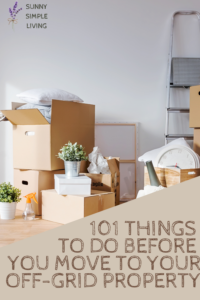 Cook, Bake And Preserve Your Food (From Scratch) – And Drinks!
Cook, Bake And Preserve Your Food (From Scratch) – And Drinks!
- Learn how to do water bath canning.
- Learn how to bake bread.
- Learn how to make olive oil.
- Learn how to harvest olives.
- Learn how to make marzipan.
- Learn how to harvest almonds.
- Learn how to cure olives for eating.
- Follow homesteading blogs for more ideas on how to become more self-sufficient, grow your own food, and cook it from scratch.
Don’t Forget The Drinks…
- Find out how to make beer
- Learn how to make wine
- Brew the local speciality – like ‘aguardiente’ around here
One Important Thing to Do Before Moving Off-Grid…
Travel. Travel as much as you can, now you still can. See the world, meet people, and be inspired. Once you’ve got a property of your own to worry about, you might not find the time – or the money.
We’ve put together some resources to help people prepare for their off-grid move (including a complete and very user-friendly guide to setting up your own off-grid solar system). You might also like a quick virtual tour of our Spanish off-grid property, Mas del Encanto.
Nope, I’m not at 101 things to do quite yet. The aim is to get there though. Is there anything I could or should add to this list? What did you do or are you doing to prepare for your life off the grid? Or what do you wish you had done?

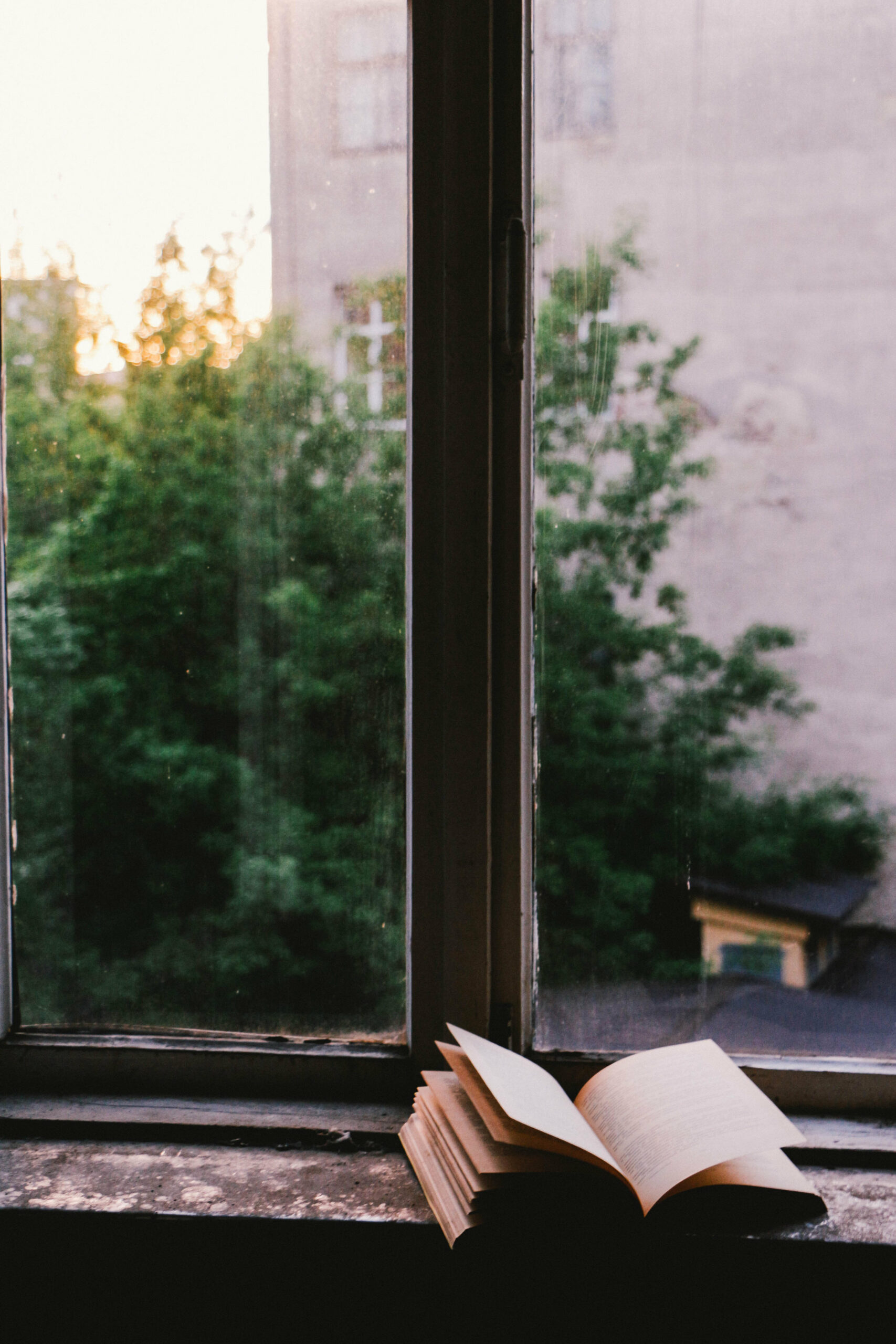
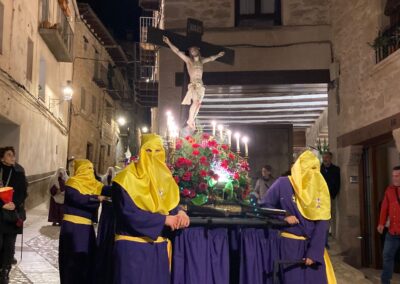
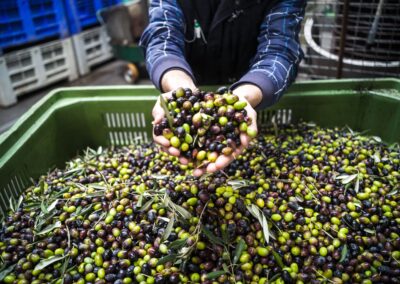
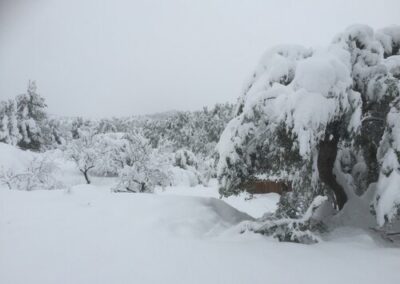
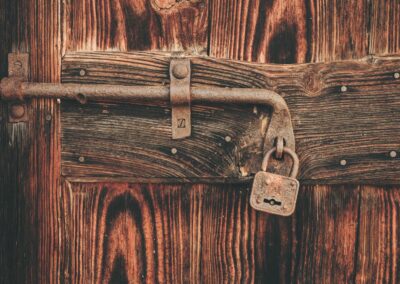
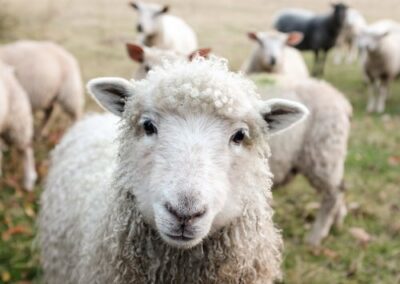
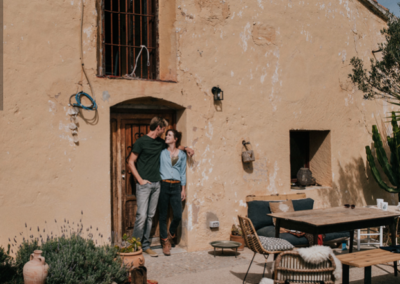
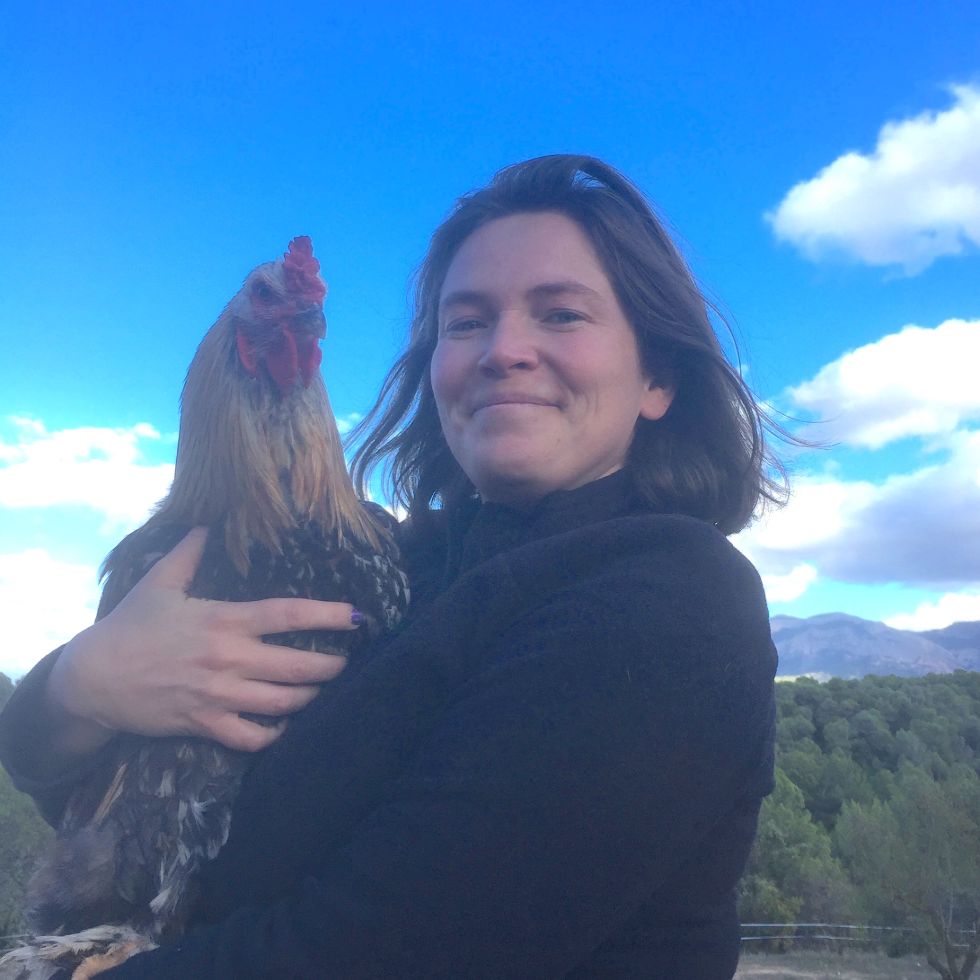
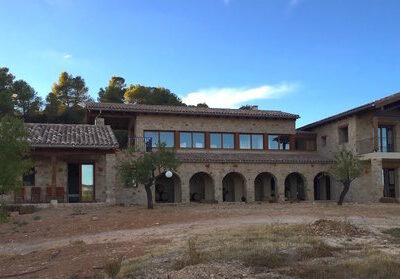
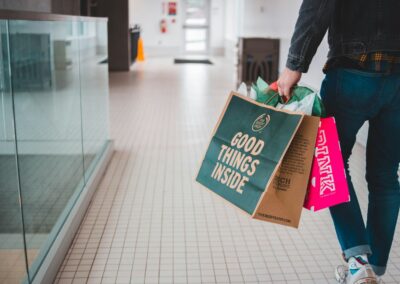
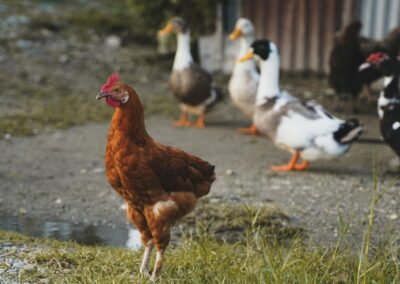
0 Comments